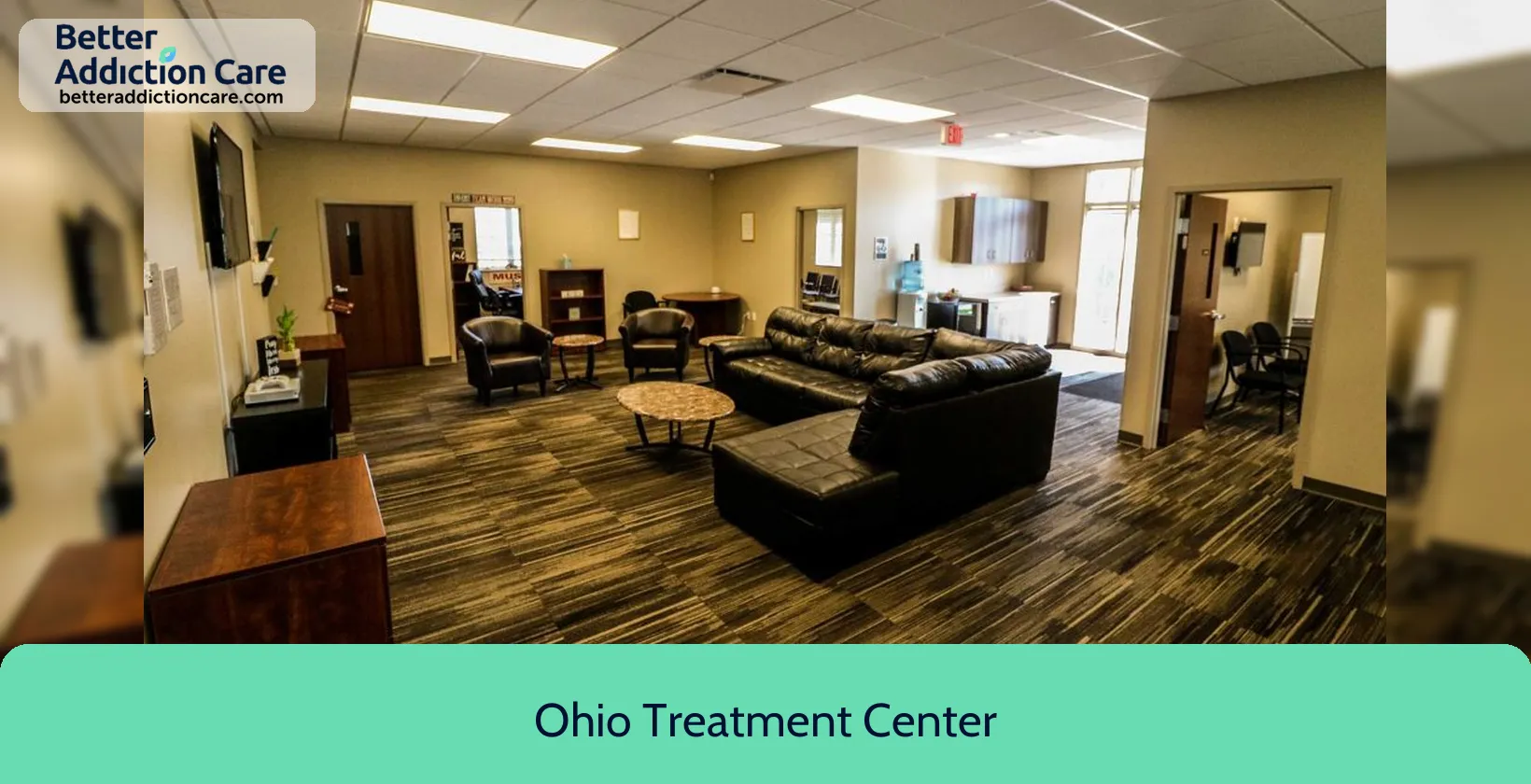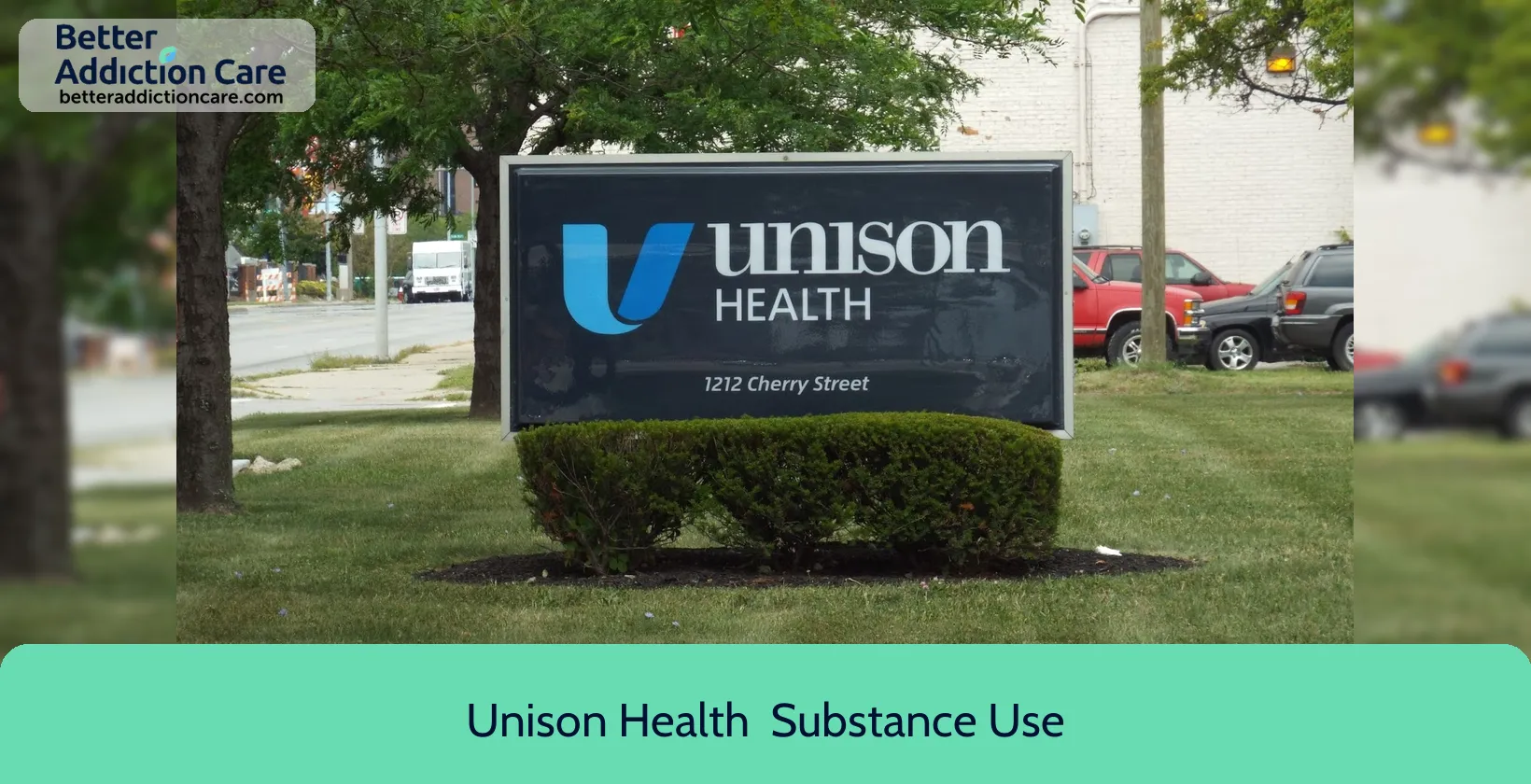A Renewed Mind - Adams Street

Overview
Located in Toledo, Ohio, A Renewed Mind - Adams Street, formerly known as Ohio Guidestone, is an outpatient behavioral health facility providing both mental health and complete addiction treatment services. With an emphasis on assisting people in regaining and maintaining sobriety via organized treatment programs, the clinic specializes in offering adult MAT and psychiatric care. In order to encourage long-term rehabilitation, Ohio Guidestone's approach places a strong emphasis on a mix of counseling, peer support, and life skills training.
The facility's intensive outpatient program (IOP) is one of its main offerings. During the course of eight to twelve weeks, clients who take part in the IOP usually get at least 10 hours of therapy each week. Through the combination of group therapy and one-on-one counseling, participants in this program may examine their own struggles and get support from others going through a similar experience. To aid with their reintegration into their communities, clients get job training, peer recovery groups, and support networks in addition to treatment. In addition, specialized programs including social skill development, relapse prevention techniques, and parent coaching are offered to help clients lay a solid basis for long-term recovery.
Psychiatry First and Rapid Access are two cutting-edge programs that provide medication-assisted therapy. For those in urgent need of treatment, Rapid Access provides same-day examinations and, where necessary, prescriptions for medicines to treat drug use disorders. Psychiatry First offers prompt access to MAT treatments and psychiatric assessment, regardless of whether a client has a referral or not.
Although a lot of former clients have said that Ohio Guidestone has been a big assistance in keeping them sober, others have said that the facility may sometimes seem like a big, corporate institution, and some have even said that the staff wasn't as friendly as they thought they would be. Despite this, the facility continues to be an invaluable asset for those looking for help with mental health and addiction, offering a thorough approach to therapy that is tailored to each patient's unique requirements.
A Renewed Mind - Adams Street at a Glance
Payment Options
- County or local government funds
- Community Mental Health Block Grants
- Community Service Block Grants
- Medicaid
- Other State funds
Assessments
- Comprehensive mental health assessment
- Comprehensive substance use assessment
Age Groups
- Adults
- Children/adolescents
- Young adults
Operation
- Private non-profit organization
Highlights About A Renewed Mind - Adams Street
7.03/10
With an overall rating of 7.03/10, this facility has following balanced range of services. Alcohol Rehabilitation: 8.00/10, Drug Rehab and Detox: 6.92/10, Insurance and Payments: 6.00/10, Treatment Options: 7.21/10.-
Alcohol Rehabilitation 8.00
-
Treatment Options 7.21
-
Drug Rehab and Detox 6.92
-
Insurance and Payments 6.00
Accreditations
Commission on Accreditation of Rehabilitation Facilities (CARF):

Established in 1966, the non-profit organization known as the Commission on Accreditation of Rehabilitation Facilities (CARF) has a dedicated focus on accrediting rehabilitation organizations. CARF's primary mission is to assist service providers, particularly rehabilitation facilities, in upholding and promoting the highest standards of care.
Treatment At A Renewed Mind - Adams Street
Treatment Conditions
- Mental health treatment
- Alcoholism
- Opioid Addiction
- Substance use treatment
- Co-occurring Disorders
Care Levels
- Intensive outpatient treatment
- Detoxification
- Aftercare
- Outpatient
Treatment Modalities
- Family counseling
- Individual psychotherapy
- Cognitive Behavioral Therapy
- Dialectical Behavior Therapy
- Group counseling
Ancillary Services
Languages
- Sign language services for the deaf and hard of hearing
- Spanish
Special Programs
- Children/adolescents with serious emotional disturbance (SED)
- Clients who have experienced trauma
Get Help Now
Common Questions About A Renewed Mind - Adams Street
Contact Information
Other Facilities in Toledo

7.05

6.68

6.56

7.79

6.74

6.71

7.41

7.36
DISCLAIMER: The facility name, logo and brand are the property and registered trademarks of Unison Health - Substance Use Disorder (SUD) Services, and are being used for identification and informational purposes only. Use of these names, logos and brands shall not imply endorsement. BetterAddictionCare.com is not affiliated with or sponsored by Unison Health - Substance Use Disorder (SUD) Services.
